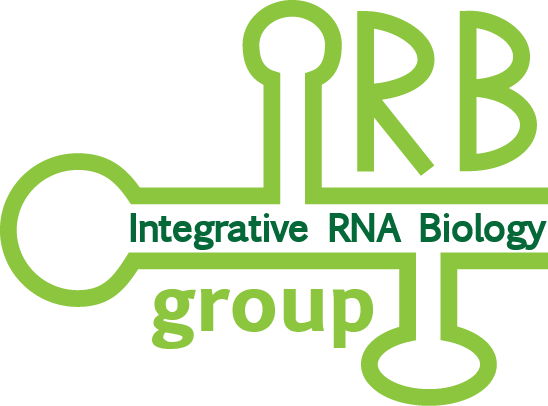Confirmed invited speakers
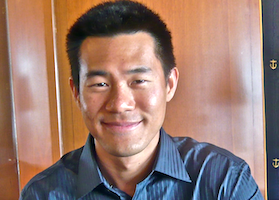
Gene Yeo, UCSD University
Gene's lab developed eCLIP and is a core member of ENCODE RNA. It uses high-throughput assays to study the molecular mechanisms and biological impact underlying alternative splicing, polyadenylation, transport, translation, RNA turnover and microRNA biology.
The lab also develops machine-learning approaches to single cell RNA-seq/DNA analysis and visualization. A third line of research is targeting RNA in live cells using the CRISPR/Cas9 technology, pursuing therapeutic intervention of neuromuscular diseases.
The disease focus of the Yeo lab is on the molecular basis of mental disorders such as autism spectrum disorders and neurodegenerative diseases (ALS), using in vitro stem cell models and in vivo mice models.
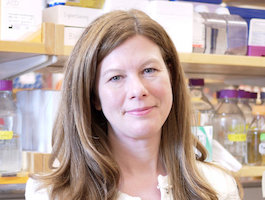
Stirling Churchman, Harvard University
The churchman lab focuses on understanding the molecular mechanisms that control and coordinate transcription with co-transcriptional processes, including splicing, chromatin remodeling and termination. A second line of research in the lab focuses on the regulation of mitochondrial gene expression
The lab develops and employs high resolution genomic approaches that quantitatively reveal the production of gene products, such as native elongating transcript sequencing (NET-seq) and ribosome profiling.
Using these genome-wide dataset they produce the lab then develops unbiased computational approaches to extract specific hypothesis regarding post-transcriptional gene regulatory mechanisms.
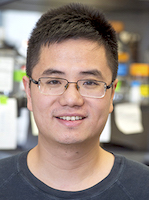
Chaolin Zhang, Columbia University
The Zhang lab combines machine learning based modeling and wet lab experiments to dissect RNA regulatory networks in the nervous system and in several neuronal disorders. Specific problems include mechanistic understanding of the specificity of protein-RNA interactions, organizational principles of RNA regulatory networks, and functional implication of RNA regulation in neural development and in pathologic contexts such as autism and neurodegenerative disorders. The Zhang lab has a mixed dry and wet lab, using mouse models as well as in vitro neural differentiation of embryonic stem cells.
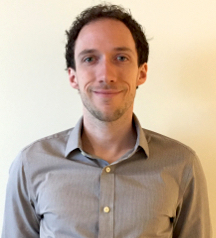
Dr. Michael Seiler, H3 Biomedicine
Dr. Michael Seiler received his PhD in computational biology at Rutgers University, working on alternative splicing in breast cancer, then joined Charles DeLisi's lab at Boston University. In 2015 Dr. Seiler was recruited by H3 Biomedicine, where he developed their alternative splicing computational pipelines to aid exploration into splicing factor mutant biology and the mechanisms of small molecule splicing modulators. He currently leads splicing bioinformatics at H3 and supports the development of pre-clinical splicing modulators.
